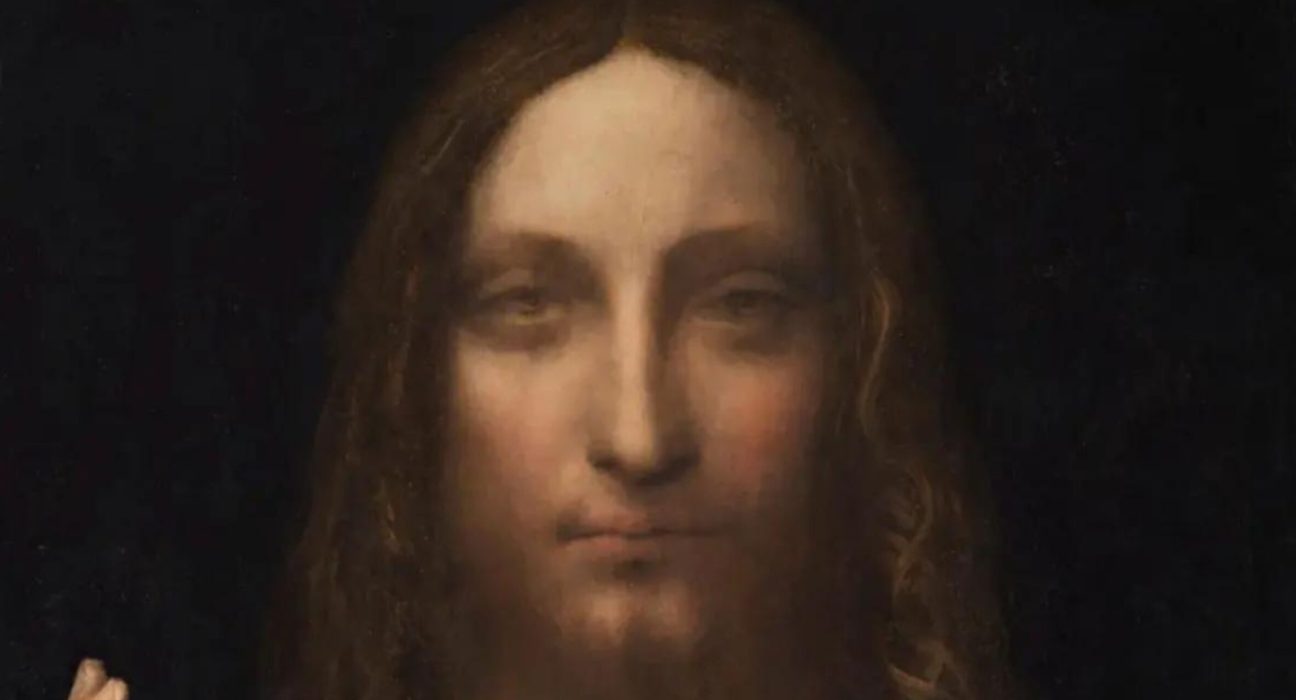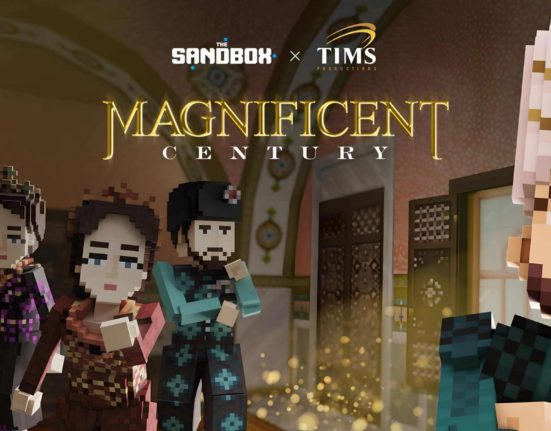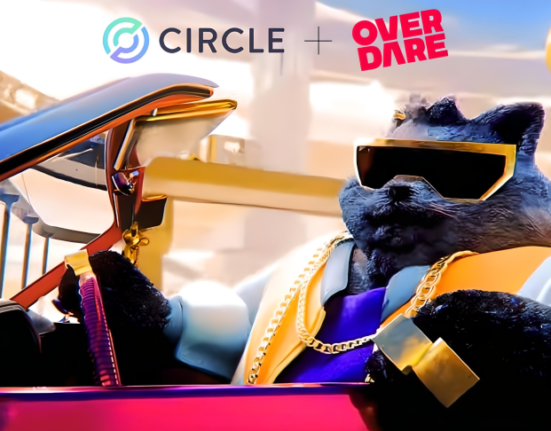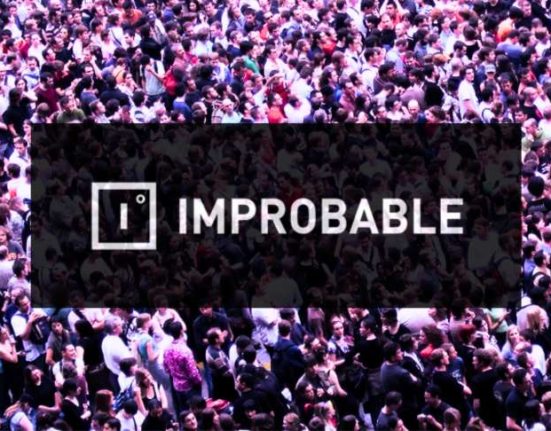Leonardo da Vinci’s Mona Lisa. Van Gogh’s Starry Nights. Auguste Rodin’s The Thinker. Claude Monet’s Nympheas.
Each of these original art masterpieces are all part of an ongoing partnership and licensing deal that allows for these works to have their own official digital collectible (NFT).
The World’s Most Expensive Painting
Salvator Mundi, which is considered to be the world’s most expensive painting, is getting ready to be transformed into an NFT, according to a report by The Art Newspaper.
The controversial painting, which shows Jesus Christ holding a crystal orb, sold at Christie’s in New York for $450.3 million – the highest price ever paid at auction. The exact whereabouts of the painting are currently unknown as of press time.
Behind the ‘Salvator Mundi’ Mint
This week, the licensed image of Salvator Mundi will be available to mint on the digital assets platform ElmonX, in collaboration with international image licensing company Bridgeman Images.
According to the report, the terms of the sale will be announced on August 12, however, a spokesperson for Bridgeman Images stated that the financial terms of the deal remain confidential.
With the anticipated release of the sale’s general terms, it does beg the question of how ElmonX, Bridgeman Images, and the owners of these works were able to successfully harmonize the intellectual property (IP) and licensing rights to make what seems to be for the first time, a true case study for bridging the traditional art world with blockchain and NFT technologies.
A spokesperson for Bridgeman Images told The Art Newspaper that the ongoing partnership allows for it to license the original painting’s images to ElmonX, similar to how it currently does for high-quality images and videos to advertisers, filmmakers, publishers, and designers across all industries.
On the other hand, the fact that the actual IRL painting’s exact whereabouts is currently unknown, it does present the bigger question of “why” this mint is even happening, or what the purpose behind it is.
The NFT itself is not directly pegged to the IRL painting, so what exactly does it represent then? From the looks of this, it is simply public proof that you have only licensed the right to display the high-res image of the ‘Salvador Mundi’ painting, and nothing else.
This is a sentiment shared by others across “X” (formerly Twitter), who believe that offering up an NFT separate from the work itself after it has already been sold makes no sense.
ElmonX currently plays host to da Vinci’s Mona Lisa (1503), Van Gogh’s Starry Night (1889), Rodin’s The Thinker (1904), and Monet’s Nympheas (1907).
What Does This Mean for the NFT Industry?
This partnership undoubtedly sets the foundation for what we’ve wanted to see in attempts of integrating these emerging technologies into the traditional art world.
Assuming the underlying mechanics of the licensing agreement between ElmonX and Bridgeman Images truly harmonizes high-end traditional art with the blockchain and NFT technologies, this opens up the door to some more interesting conversations.
With that said, whether or not this application makes sense in terms of merely owning the right to “publicly display” a licensed image of an artwork, is up for debate.
While the NFT market continues to decline as demand for these projects seems to be waning, the industry is begging for intentional applications of this technology. We are past the point of merely flexing digital art with no purpose driving its course, as well as the tastefulness in how these emerging technologies are applied to traditional art.
The post Leonardo da Vinci’s ‘Salvator Mundi’ to be Minted as an NFT, But Does It Make Sense? appeared first on nft now.








